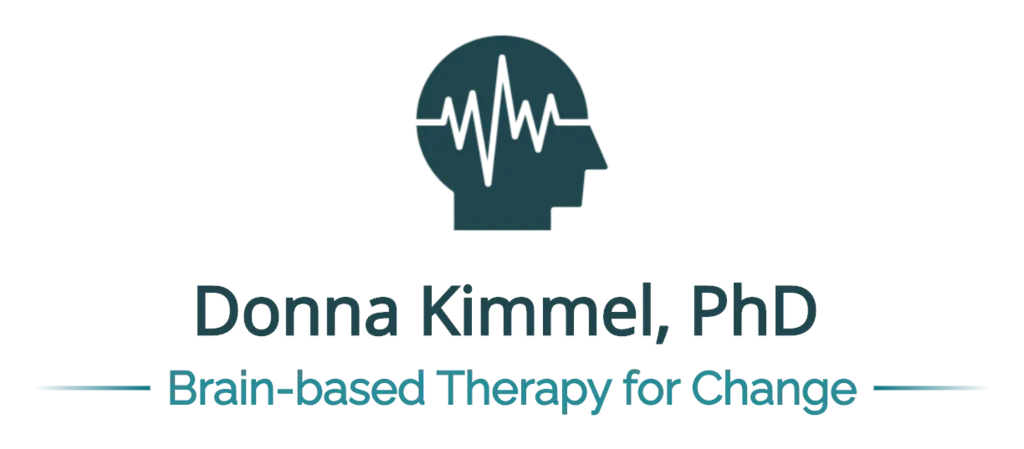I specialize in communication counseling. Effective couple
communication, conflict management, and awareness of a
partner’s basic personality are major targets of this counseling.
My qualifications for this specialization are unique. I am a
psychologist, dramatic artist, mediator, and certified coach.
1. Having earned a Master of Fine Arts degree in Dramatic Arts , I learned a great deal about effective communication.
I learned that acting is interpersonal
communication behavior, and that effective communication/behavior/acting is verbal and (especially) non-verbal
behavior with a clear purpose . Whether it is rehearsed behavior for a public audience or
spontaneous behavior in a private interpersonal setting, we communicate
interpersonally with a purpose – whether we’re always aware of that purpose
or not. Therefore, when the stakes are high, especially in a conflict
situation, we have to be very, very clear about the purpose of our
communication and what we really want as an outcome from what we do.
If we want new and different responses from our partner, we usually
have to demonstrate new and different communications/behavior ourselves –
first!
How can we do that? By applying some of the methods that help dramatic
artists generate new authentic verbal and non-verbal communication/behaviors so they successfully achieve their characters’ goals. Among these
methods are:
-
Understanding and accepting that what your
partner understands and hears may not be what you mean to be saying!
If you want to be understood, you have to use the language your partner recognizes and accepts as the “acceptable” or “preferred” method of communicating that message.
-
Achieving a specific objective(s) of your communication – what specific response(s) do you want your
behavior to elicit from your partner?
-
Maintaining realistic expectations about the kind and timing of your partner’s reactions/behavior to your
communication, i.e. immediate, intermediate, and long-term reactions;
-
Listening with your eyes, ears, and self-control to take time to
apprehend your partner’s meaning
: What is s/he really saying?
-
More listening – without judgment;
-
Monitoring your partner’s reactions to your
communication/behavior so you can modify your next communication or repeat
what got you the response you sought;
-
Willingness to
experiment with verbal and non-verbal communication/behavior
unfamiliar to you , or that you once used, but forgot.
-
Practice will be required.
These same acting methods help real couples hear and respond to each other
in new ways; and, they learn to use feedback to shape their
next informed verbal and non-verbal
communications/behaviors, if they aren’t getting the response they hoped
for.
2. As an acting teacher & director ,
I’ve coached actors toward new, effective authentic verbal and non-verbal behaviors that communicate their characters’ needs and objectives unequivocally, so
they achieve their goals with other characters and move the story forward.
People in real life have to do the same thing to get what they want.
3. As a psychologist , I have had special
training in
- personality analysis,
-
the effect of personality on preferred style of communication – – whether
that method works or not – and
-
couples counseling methods and formats presented by different couple
counseling educators/experts.
4. As a psychologist for decades , I have
the know-how for dealing with the intra- and inter-personal anger, anxiety,
expectations, frustration, hurt, guilt and stubbornness that often interfere
with effective communication.
5. As a research-based psychologist , I can
detect barriers to effective communication
stemming from:
-
negative early life experiences and learning that affect communication;
-
treatable and diagnosable mental health conditions that interfere with
good communication; and
-
ineffective communication patterns you and your partner engage in
habitually.
6. As a brain-based psychologist, I know
how to provide support, guidance and training (for brain re-wiring) to
promote important strengths such as self soothing, patience, and curiosity-generating interest in your
partner – which inspire “connecting communication.”
